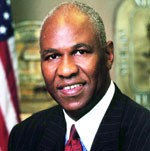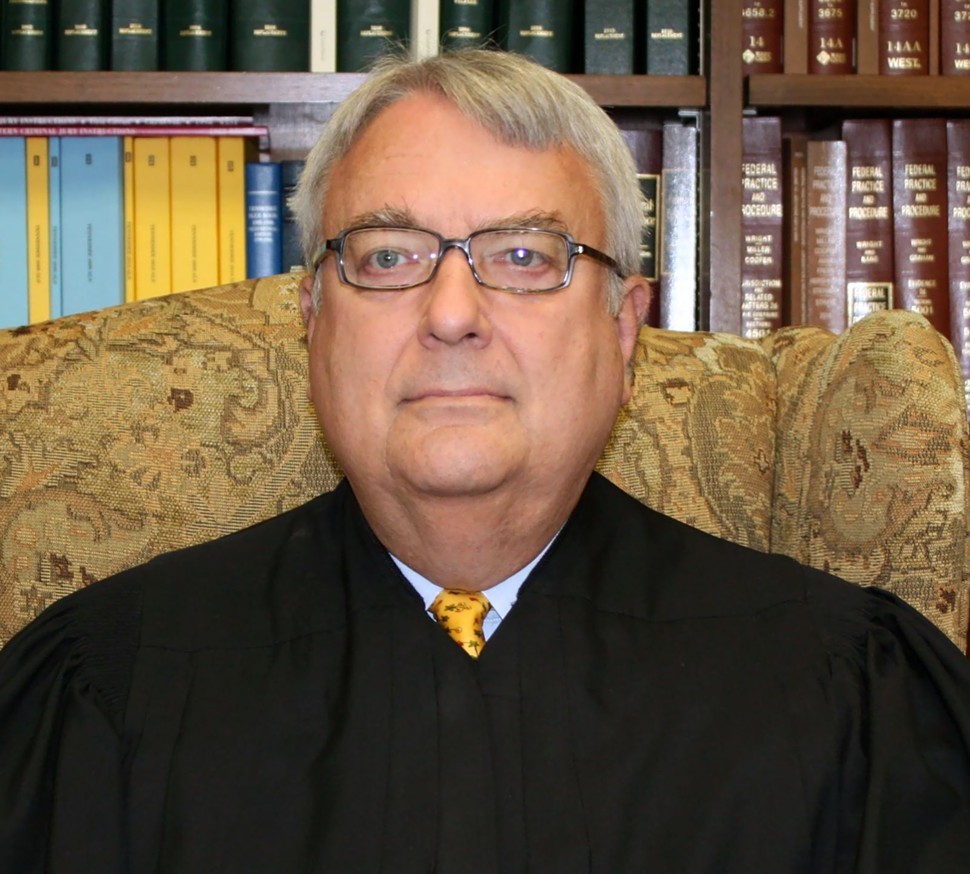Willie Herenton’s bid for nine charter schools was turned down by the joint school board this week but the former mayor and school superintendent says he will resubmit his application in November.
“I think the review process is a healthy one,” he said. “It forced our team to be more specific in terms of our mission and instructional programs and curriculum design, which are all essential ingredients in quality schools. Overall, I feel that it is a fair process.”
Herenton is in the odd position of being an applicant getting “needs improvement” marks after 30 years in executive positions that generally put him on the other end of the process. All of the board members are familiar with his career, and many of them have had personal experience dealing with him. Add to that, there may be some reluctance on the part of the school board to expand charter schools along with other “escape hatches” while the merger is in the works.
In conjunction with Harmony Public Schools in Texas and the Cosmos Foundation, Herenton has applied to run seven charter schools in the city of Memphis in 2012-2013 and two more in the county in 2013-2014.
“At this point the county is crowded and does not have excess space,” he said. “In 2013 when the systems are merged there should be ample space.”
That remains to be seen. It is unclear how the merger will play out and how much shuffling of student populations there will be. Ultimately, that will depend partly on policy and partly — probably moreso — on how parents vote with their feet. There is already surplus space in city schools, and three elementary schools are being targeted for closure due to low enrollment and the condition of the buildings. While not wishing to appear critical of the pace of closure, Herenton noted that he closed 15 schools early in his career as superintendent.
In an interview, Herenton seemed upbeat and eager to continue the process.
“I may not be the best application writer but I know how to run good schools and get good results,” he said.
He agreed that his intial application should have been more specific.
“Their application process is highly technical,” he said. “They place a lot of value on format whereas I place value on substance of how you are going to improve academic achievement in the midst of poverty. We commenced putting our team together on the same night as the school board meeting. When we picked up the evaluation, we went to work that night with assistance from my strategic partner, Harmony Schools.”
The merger is going forward on two tracks. While the merged school board addresses charter school applications and other nuts-and-bolts matters, the separate transition team is doing research on other cities and taking a big-picture approach. The transition team meets Thursday at 4:30 p.m.



